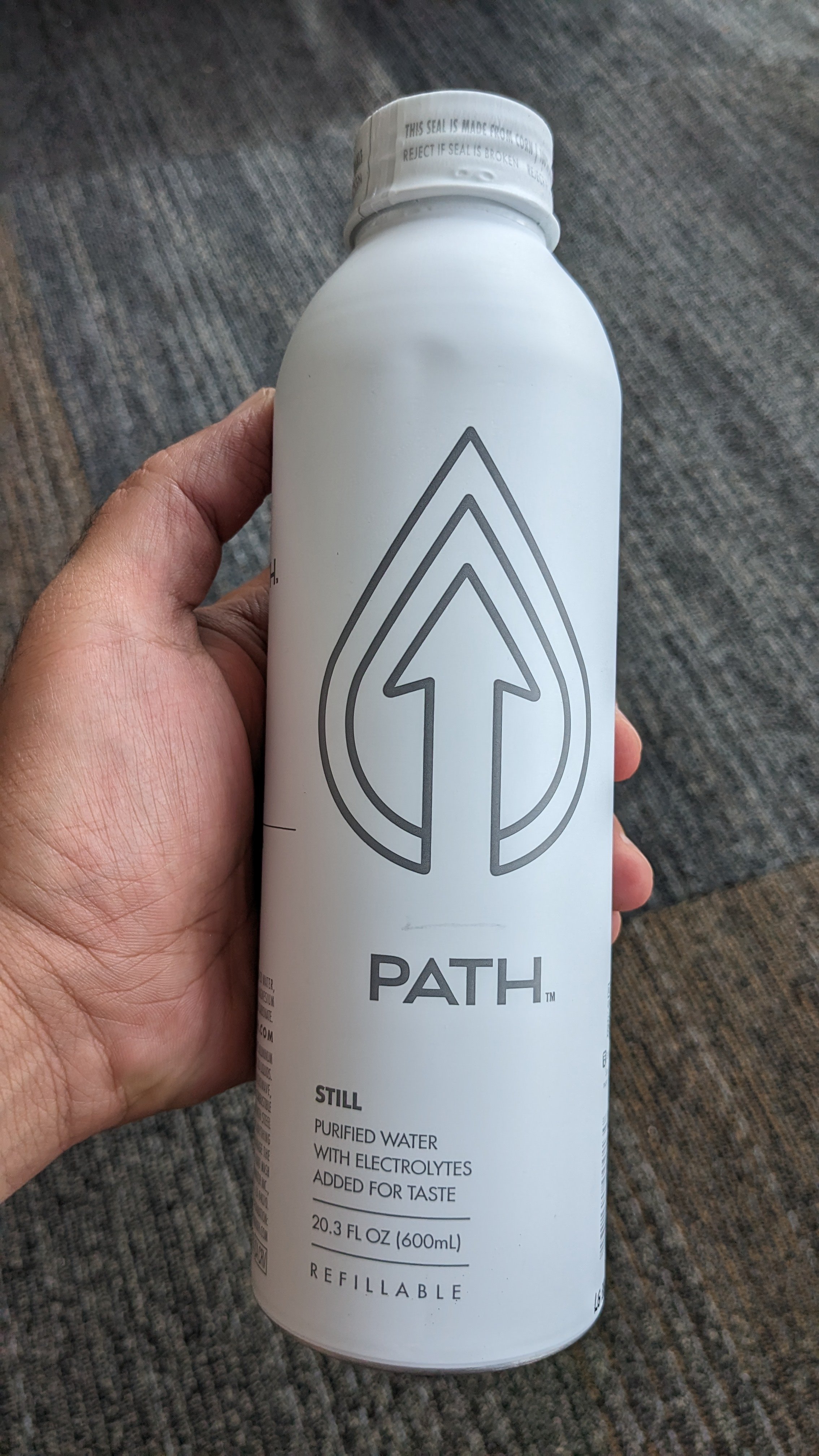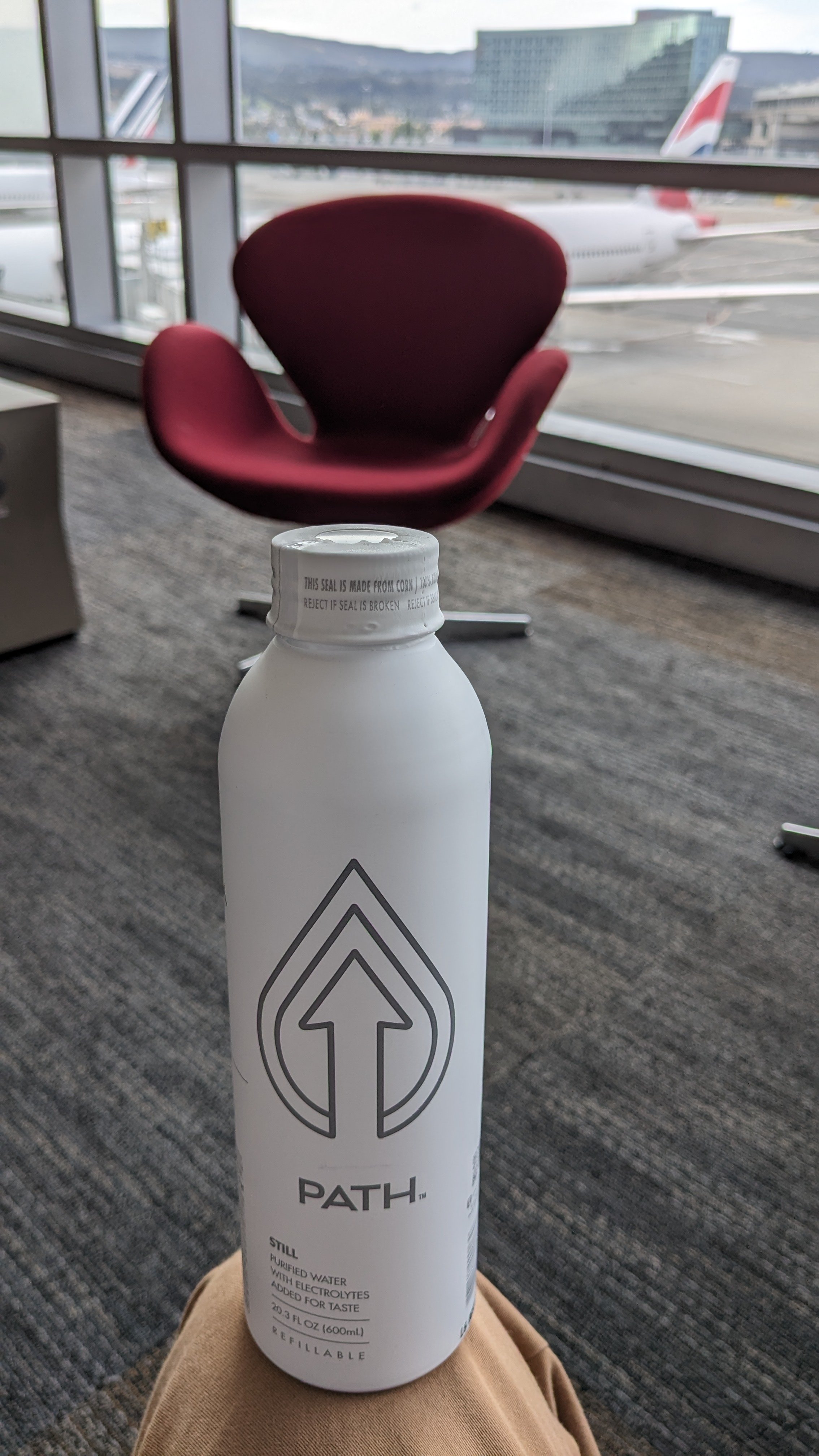
On a recent trip from San Francisco International Airport, a silver beacon amidst the plastic bottle sea caught my attention—the PathWater bottle. Its sleek aluminum design, bearing the motto "Refill, Not Landfill," offered an eco-conscious alternative to single-use plastic bottles. As a staunch advocate for environmental responsibility, I couldn't help but be intrigued by this promising solution.
Positive Environmental Impact
PathWater, a company committed to sustainability, has indeed made strides in addressing plastic waste. Each year, approximately 1 trillion plastic bottles are sold globally, and a staggering 91% of them end up unrecycled. PathWater seeks to change that by offering a reusable aluminum container as an alternative.
The key innovation is the replacement of the conventional plastic seal atop the bottle with a biodegradable cornstarch seal. It's a small yet significant detail in their eco-friendly packaging. Aluminum, chosen for its recyclability and minimal environmental impact compared to plastic, is the primary material used in these bottles.
Shortcomings
Despite its merits, there are valid concerns. The production and recycling of aluminum come at an energy cost. While aluminum is recyclable and has a closed-loop recycling system, it still requires substantial energy inputs. According to the Aluminum Association, recycling aluminum saves up to 95% of the energy required to create aluminum from raw materials, but it's not without its energy footprint.
Furthermore, the transportation and distribution of these bottles to various locations, like airports, may offset some of the sustainability gains.
Consumer behavior is another factor to consider. PathWater's success hinges on travelers consistently refilling and reusing these bottles, which might not align with the convenience-oriented disposable culture.
Our conclusion
The introduction of PathWater is undoubtedly a step in the right direction. However, questions linger about its overall environmental impact. Accessibility remains an issue, as not all regions have widespread access to refill stations or the means to purchase reusable bottles.
Furthermore, while aluminum is indeed highly recyclable, its energy requirements for both production and recycling should not be underestimated. Unlike plastic bottles, which can be widely recycled, aluminum bottles might still face logistical challenges in terms of recycling infrastructure.
Perhaps the most sustainable solution lies in changing consumer behavior and promoting accessible drinking water sources. Although PathWater offers a commendable alternative, addressing the environmental crisis may necessitate more systemic changes.
As I boarded my flight with a PathWater bottle in hand, it was clear that while it contributes to reducing plastic waste, the path to a sustainable future remains complex and multifaceted—for me and for the planet.
Sep 02, 2023 | San Francisco to London


